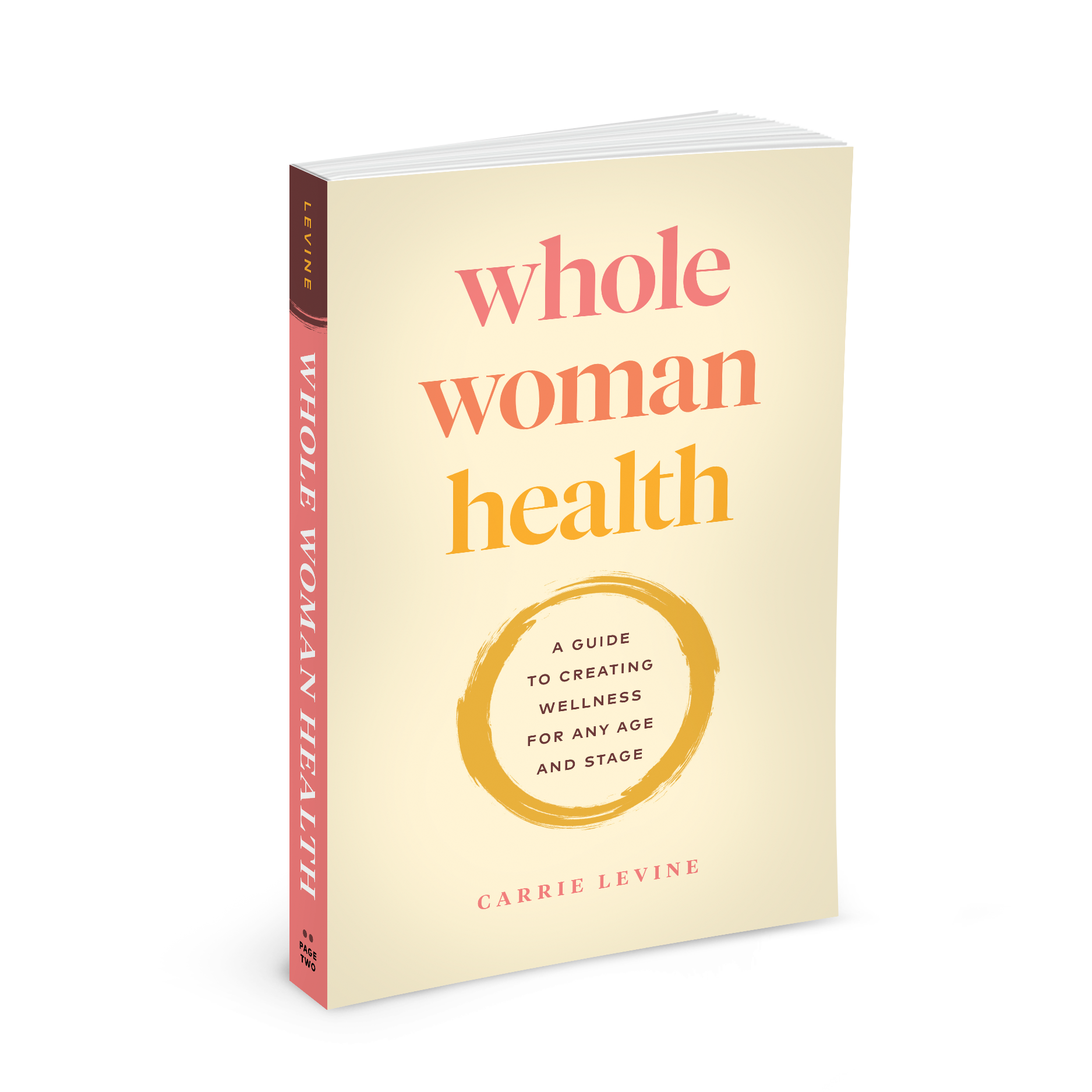Should you take prebiotic supplements?
Understanding the role of prebiotics in gut health is crucial for anyone looking to improve their digestive well-being. Prebiotics are non-digestible fibers that fuel the good bacteria in our microbiome, playing a vital role in maintaining a healthy gut. In this context, it's important to explore the potential benefits and considerations of prebiotic supplements.
Prebiotics are non-digestible fibrous substances, mostly fermentable carbohydrates, that fuel the good bacteria in our microbiome. Common prebiotics include fructo-oligosaccharides (FOS) and galacto-oligosaccharides (GOS). FOS can be derived from plants, while GOS are synthetic. Other types of prebiotics include resistant starches, pectic oligosaccharides (POS), and non-carbohydrate oligosaccharides.
A supplement may contain any or all of the above prebiotics, but primarily FOS can be obtained from food.
People eating a lot of vegetables and having digestive issues like small intestine bacterial overgrowth, constipation, or diarrhea may benefit from a prebiotic supplement, especially if they cannot tolerate probiotics. It’s not uncommon for people to not tolerate probiotics.
Prebiotic supplements work for some people, but not everyone. It's important to note that the supplement industry is unregulated, so obtaining supplement recommendations from a licensed practitioner or a pharmacy that sells professional-grade supplements is advised. This helps ensure that you are getting what you pay for without harmful additives.
In conclusion, prebiotic supplements may offer benefits for individuals with certain digestive issues, providing fuel for the good bacteria in the gut. However, as with all supplements, it's important to consult with a healthcare professional to ensure that prebiotic supplementation is suitable for your specific needs, and to ensure that you choose a high-quality product. By being informed and seeking professional guidance, you can make the best choices for your gut health.
As with all of the advice in my social posts, blog, etc., please consult with your healthcare provider before starting a new diet, fitness, supplement, or treatment regimen. This information is for educational purposes only and does not replace the advice of your healthcare provider.
You might think of these posts (or my book) as a way for you to start the conversation with your healthcare provider about the changes you're interested in implementing.



